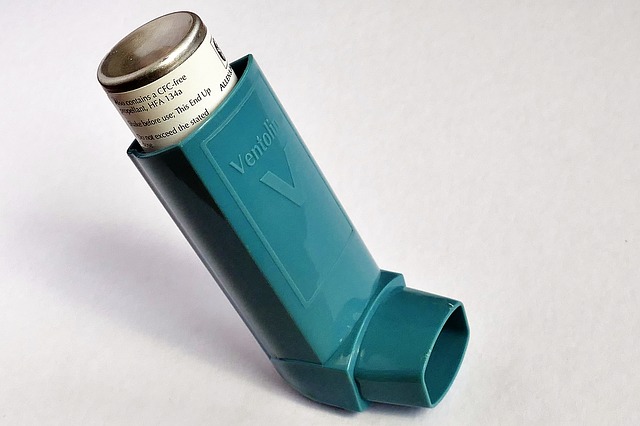2 August 2019
The mind is not a panacea, it has its limits. However, it can have a massive impact on the body and as such, there is much that hypnotherapy can do to help with a physical condition such as asthma.
Hypnotherapy can assist in potentially reducing symptoms; assist with comorbid stress, anxiety and depression which might exacerbate and/or maintain the condition; change your perception of the condition/symptoms; work through limiting beliefs and/or negative cognitions you might have about your condition, your prognosis, and how it impacts your life; as well as helping with illness-related behaviour change.
I have chosen to discuss how hypnotherapy can help with asthma because it is a condition that I suffer with. I wanted to get a better understanding of the evidence out there and some of the techniques used in the studies to help alleviate the condition so that I might benefit from them. So a selfish post, but I hope that you or someone you know might benefit from it too and use it to help better manage asthma.
According to the latest research into hypnosis for asthma, hypnosis is efficacious for managing emotional states, such as stress and anxiety, that exacerbate airway obstruction. It is possibly efficacious for the treatment of symptom severity and illness-related behaviours, as well as for decreasing airway obstruction and stabilizing airway hyper-responsiveness in some individuals. (Brown, 2007)
In addition to hypnosis research, there have also been several placebo/nocebo studies involving asthma which are fascinating. One study showed that some asthmatics developed breathing difficulties and/or asthma attacks when they believed they were inhaling an irritant that could cause breathing problems. (Kotses, Rawson, Wigal, & Creer, 1987; Luparello, Lyons, Bleecker & McFadden, 1968). If it is possible to create symptoms with our thoughts, beliefs and expectations, we can extrapolate from this that we can also reduce them. This shows us just how powerful our minds can be.
The hypnosis research provides us with many interventions, some of which I am sharing with you below:
- Self-hypnosis. In the vast majority of research studies, participants carried out daily self-hypnosis. If you wish to learn self-hypnosis, I highly recommend The Science of Self Hypnosis which teaches you all the steps involved. I teach self-hypnosis to all my clients so that they can support themselves in between sessions.
- Self-monitor symptoms. Self-monitor your asthma symptoms daily so that you can see the effect that the techniques are having on you. In addition to symptoms (including peak flow) and medication, I would also recommend that you rate your levels of stress/anxiety, emotions, severity, and effect on your quality of life, roughly in line with that which is monitored in a research study.












Catherine Embleton
Catherine Embleton is a Cognitive Hypnotherapist with practices in Bristol and Stroud. She specialises in anxiety, panic attacks, depression, stress and weight loss. Using cognitive hypnotherapy techniques, she helps her clients to understand the root cause of their problems and resolve them quickly and effectively. To find out more or book a free consultation call 07896281723- get help today! https://www.catherineembleton.com/
Reply